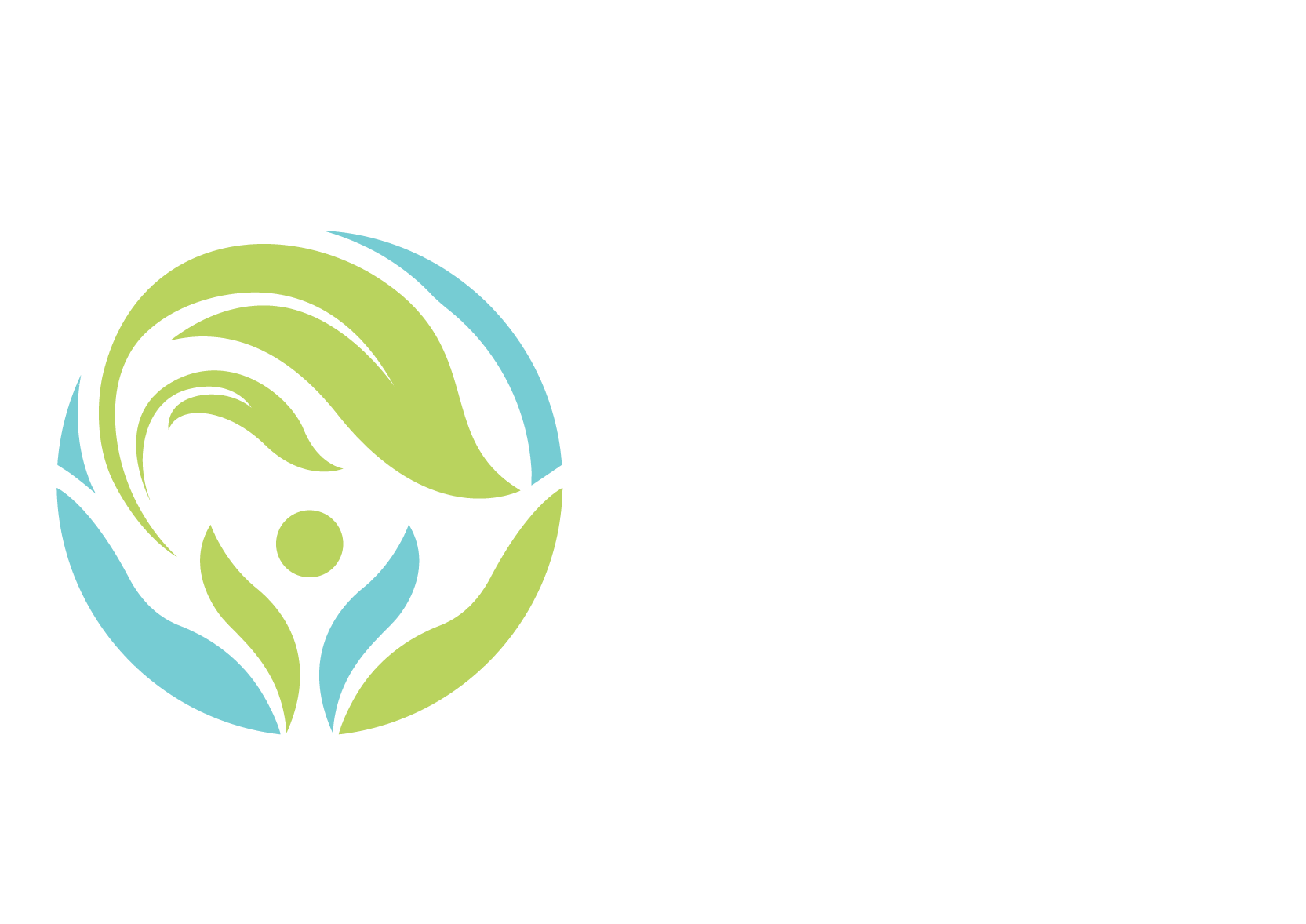Livelihood
A Women Development Organization (WDO) focusing on livelihood support for refugees, internally displaced persons (IDPs), and vulnerable host communities plays a crucial role in empowering women and promoting sustainable development. Here are key components and initiatives that such an organization might undertake in this context:
Skills Training and Capacity Building:
- Offering vocational training programs to enhance the skills of women, including marketable skills that can lead to income-generating opportunities.
Entrepreneurship Development:
- Providing support for women entrepreneurs, including mentorship programs, access to microfinance, and assistance in starting and scaling up small businesses.
Agricultural Support:
- Implementing agricultural and agribusiness programs to empower women in farming communities, promoting sustainable agricultural practices, and facilitating access to markets.
Market Linkages:
- Establishing connections between women producers and local markets, as well as providing support in marketing and selling their products.
Livelihood Resource Centers:
- Creating resource centers that offer information, training, and access to resources for women seeking livelihood opportunities.
Cash Transfer Programs:
- Implementing cash transfer programs to provide immediate financial support, allowing women to meet their basic needs and invest in income-generating activities.
Cooperative Development:
- Facilitating the formation of women’s cooperatives, which can provide a platform for joint ventures, shared resources, and collective marketing.
Education and Literacy Programs:
- Offering adult education and literacy programs to enhance the capabilities of women, making them better equipped for various livelihood opportunities.
Digital Literacy and E-commerce Training:
- Providing training in digital literacy and e-commerce to empower women to participate in online businesses and expand their market reach.
Healthcare and Family Support Services:
- Offering healthcare services, including maternal and child health programs, and providing support for family well-being to ensure women can focus on their livelihoods.
Legal Aid and Rights Awareness:
- Providing legal aid services and raising awareness about the rights of women, especially in vulnerable situations, to protect them from exploitation and abuse.
Cross-Sectoral Collaboration:
- Collaborating with other sectors, such as education, healthcare, and infrastructure, to create an enabling environment for sustainable livelihoods.
Community-Based Training:
- Conducting training sessions within communities to ensure that skills development aligns with local needs and market demands.
Monitoring and Evaluation:
- Establishing robust monitoring and evaluation mechanisms to track the impact of livelihood programs and make data-driven improvements.
Crisis Response and Resilience Building:
- Developing crisis response plans to address immediate needs during emergencies and implementing long-term resilience-building programs to ensure sustained livelihoods.
Empowerment Through Technology:
- Introducing technologies that can empower women economically, such as mobile banking, e-learning platforms, and digital marketplaces.
Inclusive Decision-Making:
- Encouraging the inclusion of women in decision-making processes related to livelihood programs, ensuring their perspectives and needs are considered.
Research and Innovation:
- Conducting research to identify innovative solutions for livelihood development and adapting programs based on changing circumstances and needs.
By addressing the economic needs of women in refugee, IDP, and vulnerable host communities, a Women Development Organization contributes to their empowerment, resilience, and the overall well-being of the communities they serve.
